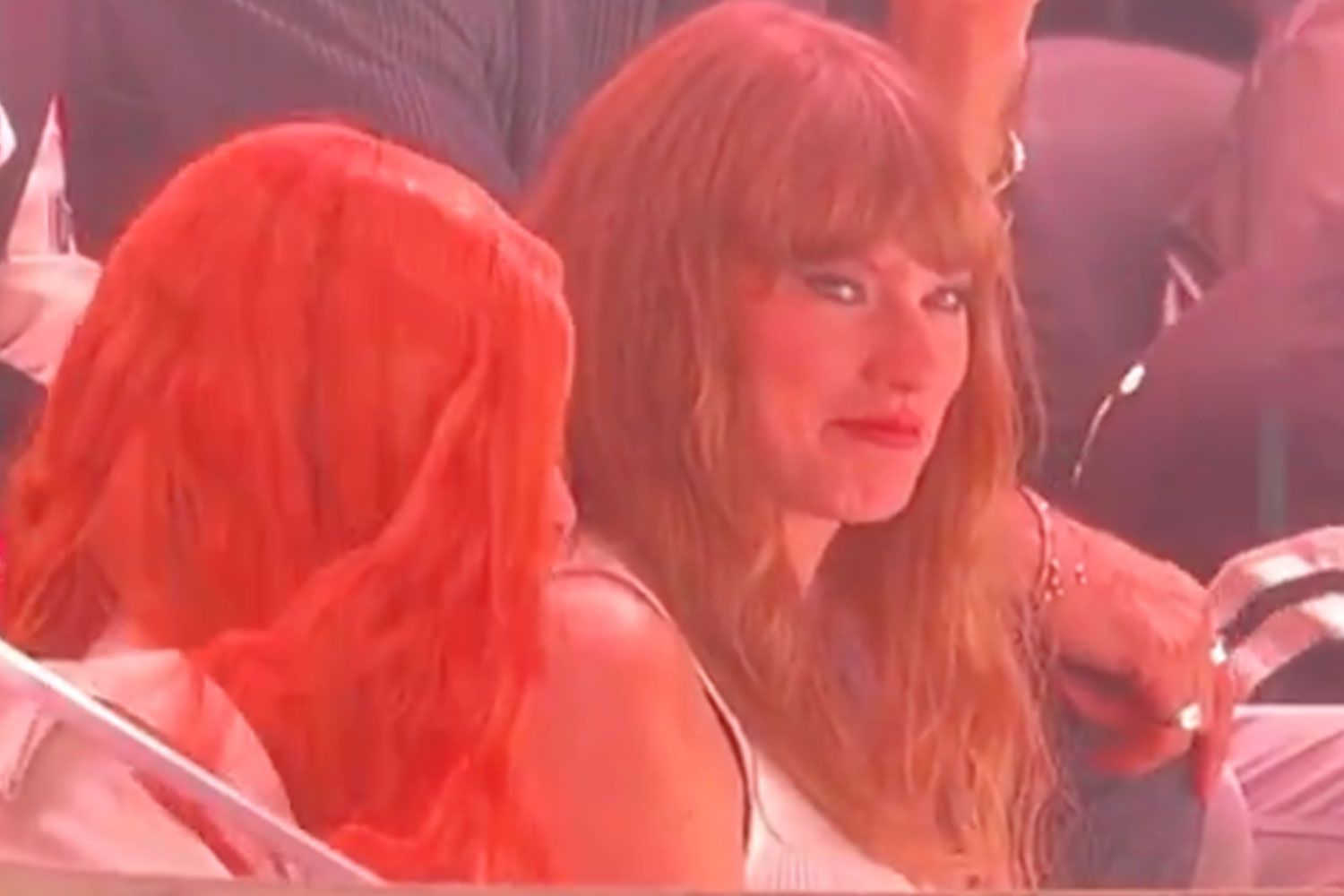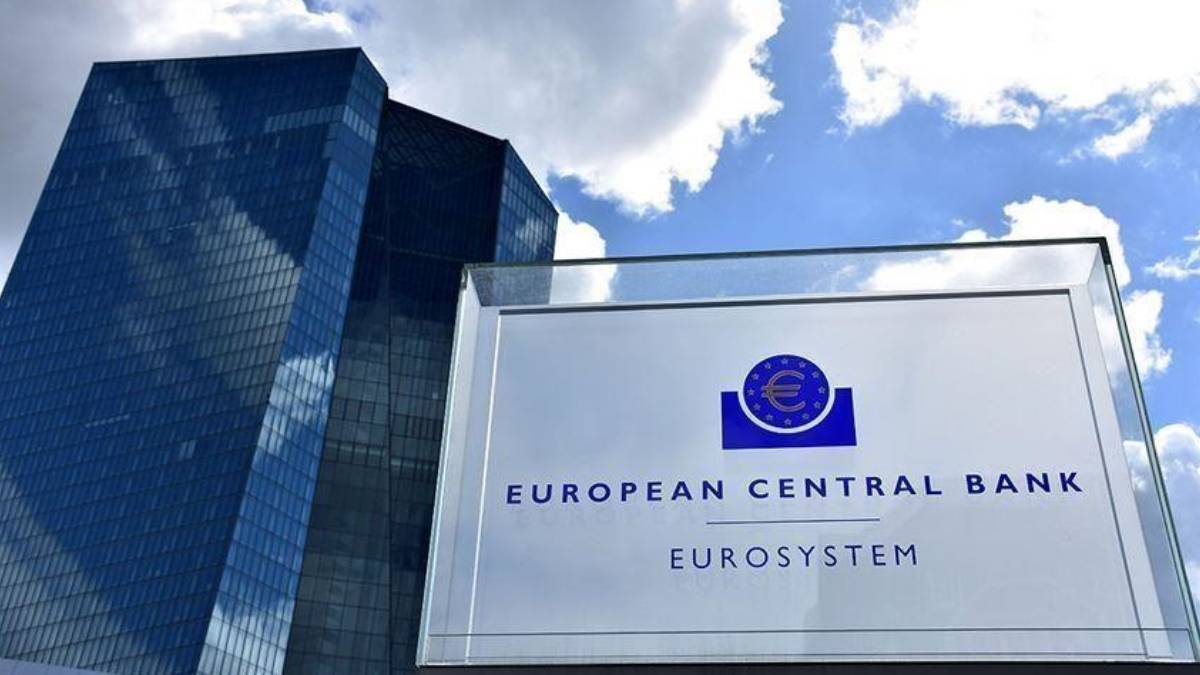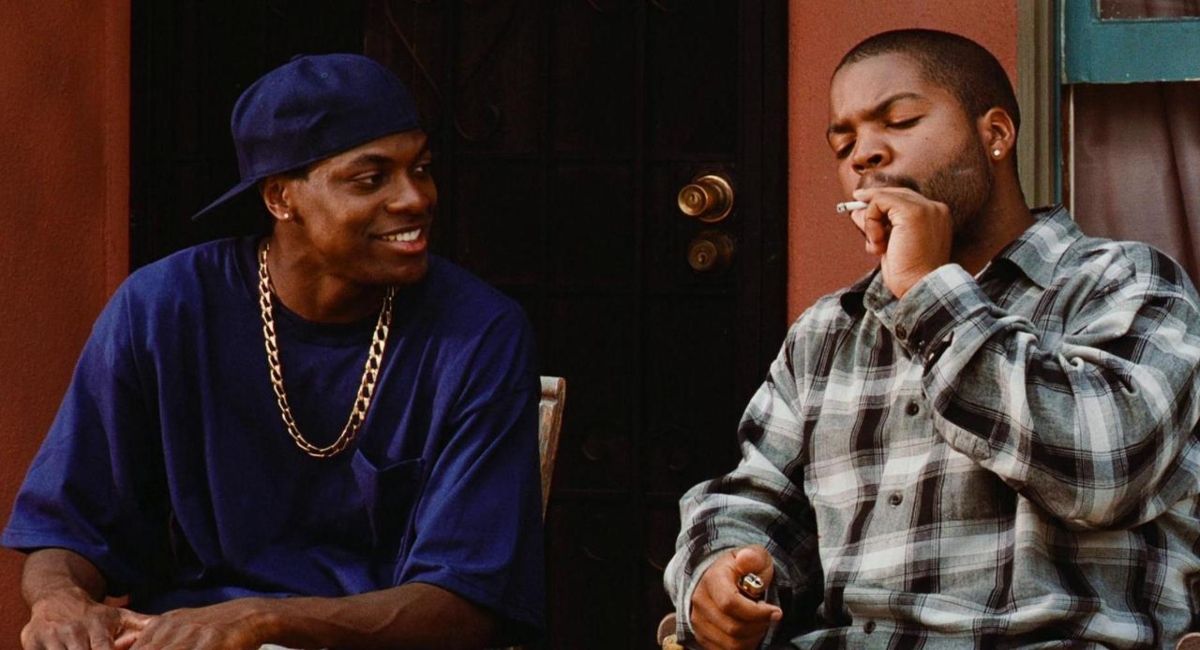Kanye West: Taylor Swift And The Super Bowl Controversy

Table of Contents
Main Points: Tracing the Timeline of a Tumultuous Relationship
2.1. The 2009 MTV Video Music Awards Incident: A Defining Moment
H3: The Infamous Interruption: The 2009 MTV VMAs will forever be remembered for Kanye West's interruption of Taylor Swift's acceptance speech for Best Female Video. West famously stormed the stage, grabbing the microphone and declaring, "Yo, Taylor, I'm really happy for you, I'mma let you finish, but Beyoncé had one of the best videos of all time!" Swift's visibly stunned reaction was instantly iconic, capturing the raw emotion of the moment.
- Swift's response: A visibly upset Swift attempted to regain composure, but the damage was done.
- West's justification: West later apologized, citing his belief that Beyoncé deserved the award. However, this apology did little to quell the immediate outrage.
- Media frenzy: The incident dominated headlines worldwide, sparking intense debate and dividing public opinion. The clash instantly propelled the incident into the realm of pop culture history.
H3: Long-Term Fallout and Public Opinion: The aftermath of the 2009 VMAs saw a significant shift in public perception of both artists. Swift, previously viewed as a wholesome, relatable figure, became a symbol of youthful innocence unjustly wronged. West, already known for his outspoken and controversial nature, solidified his image as a disruptive force in the music industry.
- Social Media's role: The early days of widespread social media amplified the controversy exponentially, with countless opinions and memes spreading rapidly online.
- Shifting narratives: Over time, perspectives on the incident have evolved. Some have viewed West's actions as a genuine, albeit poorly executed, expression of his artistic beliefs, while others maintain it was a deeply disrespectful act.
2.2. The "Famous" Song and its Aftermath: Fueling the Fire
H3: Lyrics and Controversy: Kanye West's 2016 song "Famous" reignited the feud, containing the lyric, "I feel like me and Taylor might still have sex / Why? I made that bitch famous." This explicit reference, whether consensual or not, caused a firestorm of criticism.
- Direct quotes: The lyrics themselves became a subject of intense debate, with many questioning their ethical implications and the potential for misinterpretation.
- Swift's response: Swift denied giving West permission to use the lyric, leading to a public dispute and a subsequent legal battle.
- Public outrage: The song's release further solidified West's controversial image, fueling the ongoing narrative of his contentious relationship with Swift.
H3: Media Scrutiny and Public Discourse: The "Famous" controversy dominated media cycles, prompting extensive discussions about the ethics of using a celebrity's image without consent, artistic expression versus exploitation, and the dynamics of power in the music industry.
- Differing viewpoints: The media presented a range of perspectives, with some defending West's artistic freedom and others condemning his actions as disrespectful and misogynistic.
- Ethical considerations: The incident raised significant questions about the boundaries of artistic license and the responsibility of artists in their portrayal of others.
2.3. The Super Bowl’s Amplifying Effect: A Stage for Public Expression
H3: Kanye West’s Super Bowl Performances: While Kanye West hasn't directly referenced Taylor Swift during Super Bowl performances, the sheer magnitude of the event provides a powerful context for understanding the amplification of this long-running feud. The Super Bowl is a global stage, broadcasting to millions, making it a potent platform for public expressions, even if indirect.
- Symbolic significance: The Super Bowl's immense viewership and cultural impact means any action by a performer, however subtle, can be interpreted and analyzed within the larger context of their public image and ongoing controversies.
- Potential impact: Any mention or indirect reference within a performance could reignite the public conversation surrounding the feud.
H3: Taylor Swift's Super Bowl Presence (indirect or direct): Similarly, Taylor Swift's appearances (or lack thereof) at Super Bowl events or related activities take on added significance in relation to this ongoing narrative.
- Subtle commentary: A performance, a social media post, or even an absence can be interpreted as a statement within the wider context of the feud.
- Contextualization: The Super Bowl’s status as a massive spectacle provides a backdrop against which to examine the complexities and lasting impact of their conflict.
Conclusion: A Lasting Legacy of the Kanye West, Taylor Swift Super Bowl Controversy
The Kanye West and Taylor Swift feud, though not directly involving a Super Bowl performance, has left an indelible mark on popular culture. The 2009 VMAs interruption and the "Famous" song controversy serve as potent examples of how celebrity conflict can shape public perception, ignite intense debate, and fuel ongoing discussion. The Super Bowl, as a cultural touchstone, merely amplifies the potential reach and impact of any action related to this ongoing saga. The lasting impact on both artists' careers and the broader conversation around celebrity, artistic expression, and public image remains significant.
What are your thoughts on the lasting impact of the "Kanye West Taylor Swift Super Bowl Controversy"? Share your opinions and perspectives in the comments below – let's keep the conversation going! Do you believe a reconciliation is possible, or is this a feud destined to continue shaping their legacies?

Featured Posts
-
 Fdyht Srqt Hqayb Bmtar Aljzayr Kamyrat Almraqbt Tkshf Alhqyqt
May 27, 2025
Fdyht Srqt Hqayb Bmtar Aljzayr Kamyrat Almraqbt Tkshf Alhqyqt
May 27, 2025 -
 Abd Nin Ekonomik Politikalari Avrupa Merkez Bankasi Nin Misilleme Uyarisinin Arkasindaki Sebepler
May 27, 2025
Abd Nin Ekonomik Politikalari Avrupa Merkez Bankasi Nin Misilleme Uyarisinin Arkasindaki Sebepler
May 27, 2025 -
 How Middle Managers Drive Company Performance And Employee Engagement
May 27, 2025
How Middle Managers Drive Company Performance And Employee Engagement
May 27, 2025 -
 Listeies Se Spitia Enoikoi Viosan Ton Tromo Se Porto Rafti Kai Athina
May 27, 2025
Listeies Se Spitia Enoikoi Viosan Ton Tromo Se Porto Rafti Kai Athina
May 27, 2025 -
 New Friday Movie In The Works With Ice Cube
May 27, 2025
New Friday Movie In The Works With Ice Cube
May 27, 2025
